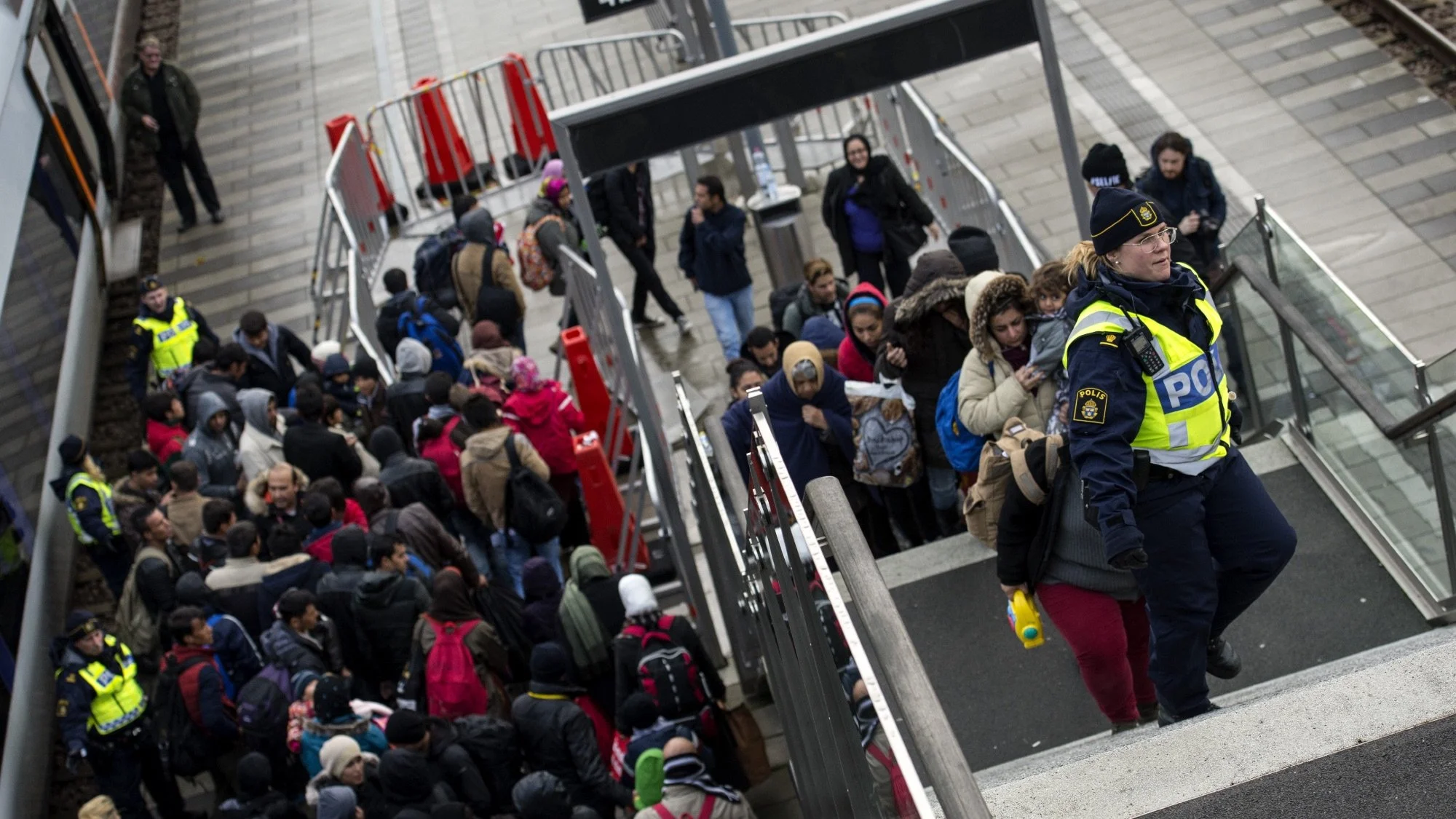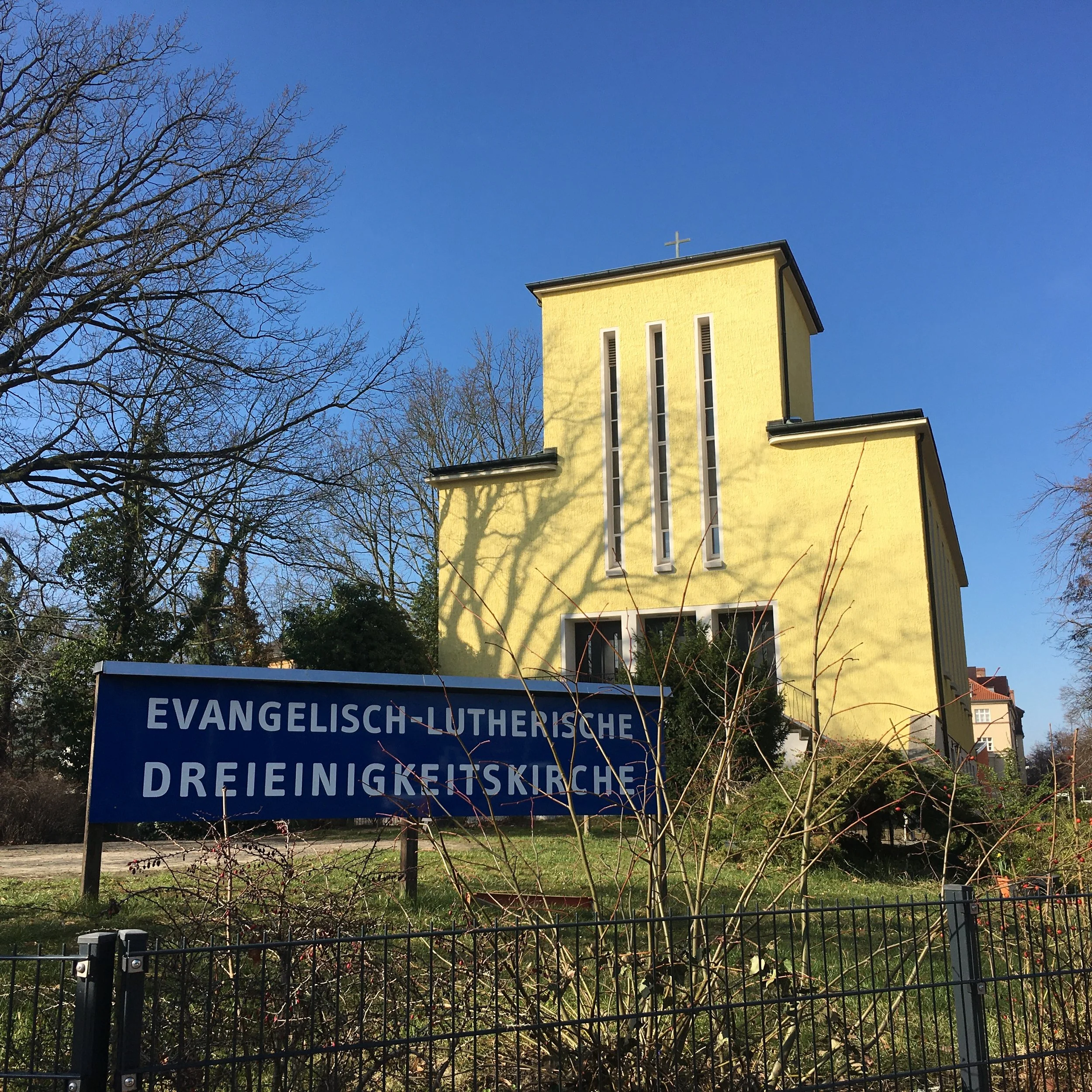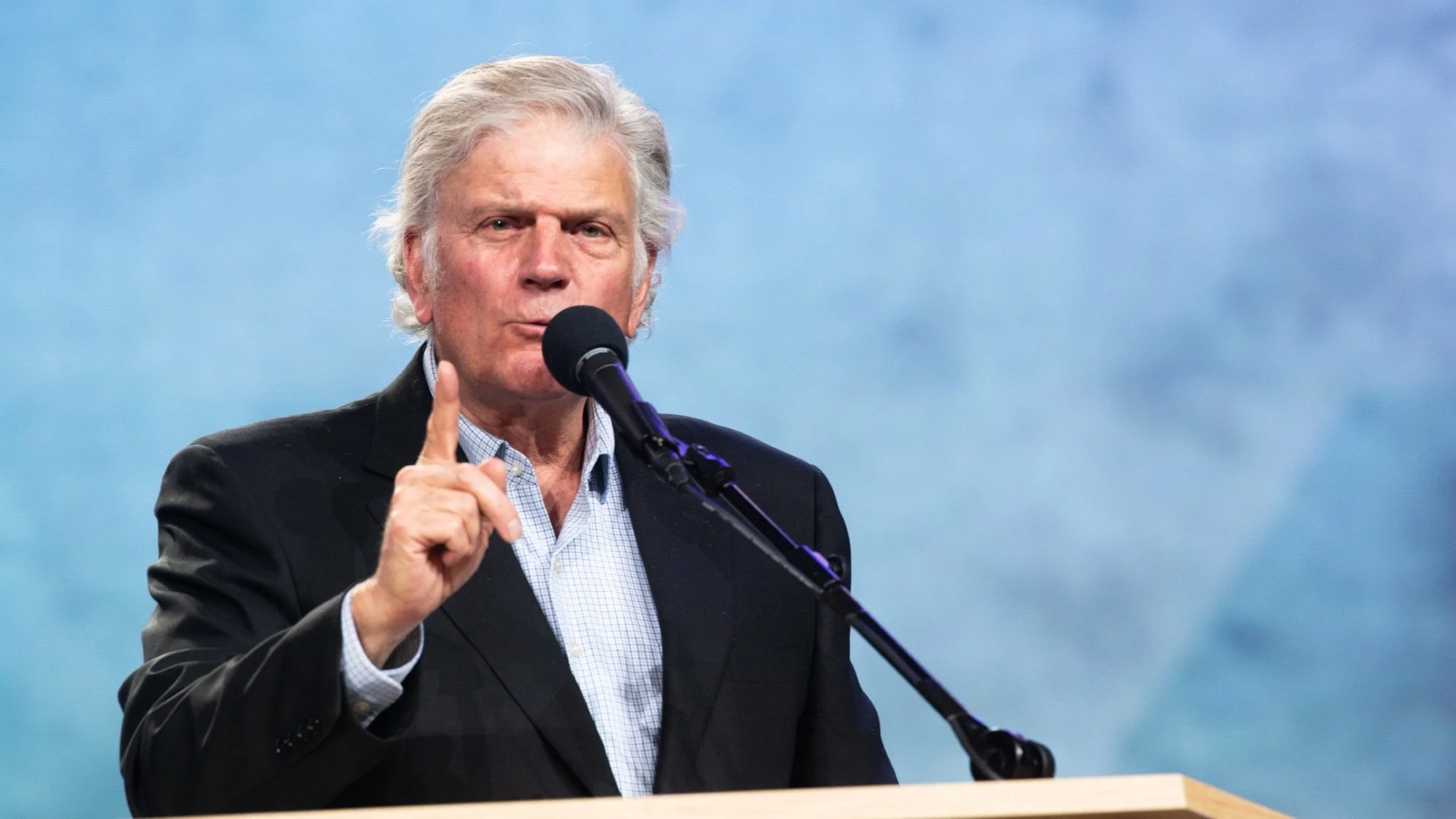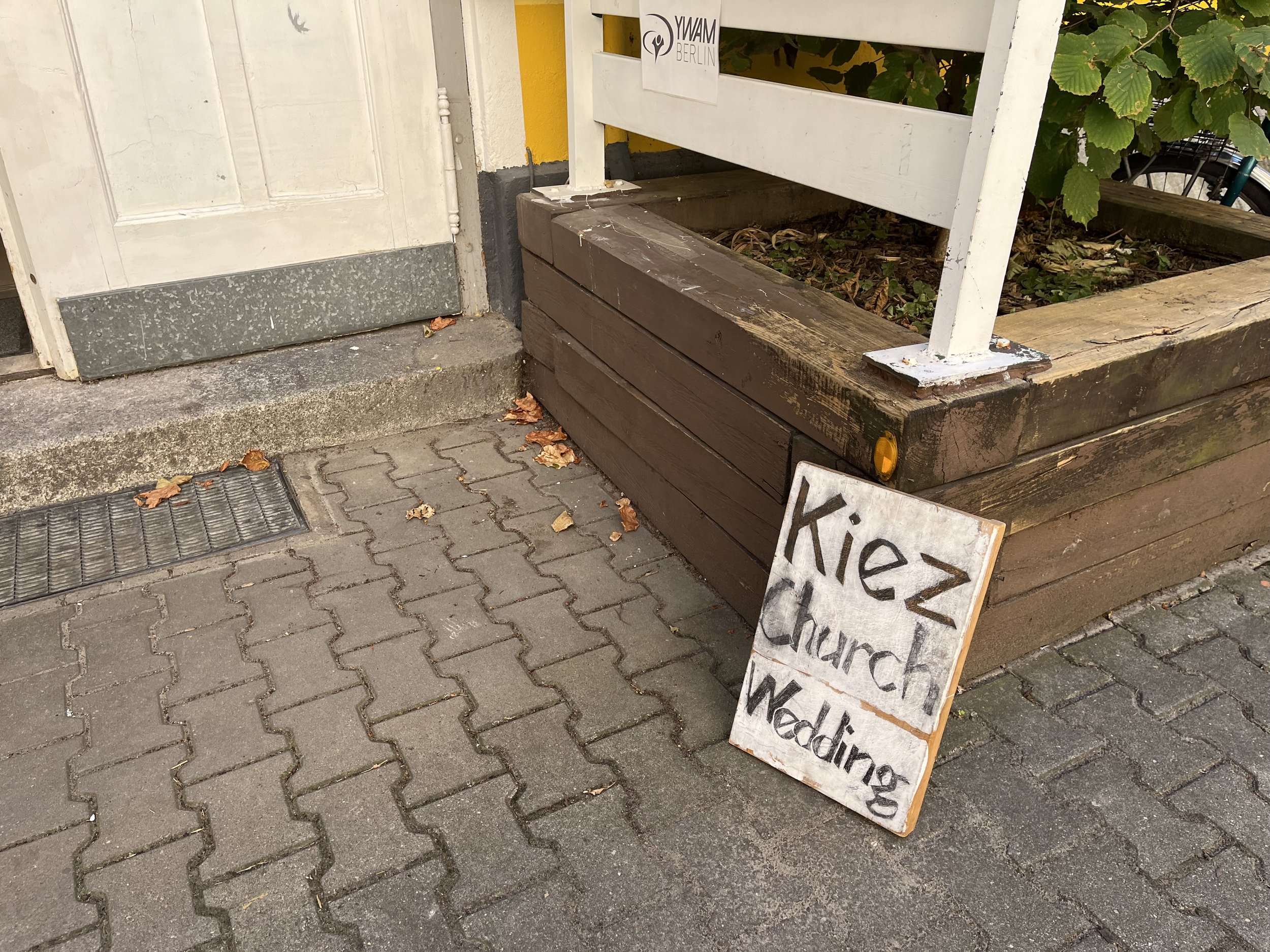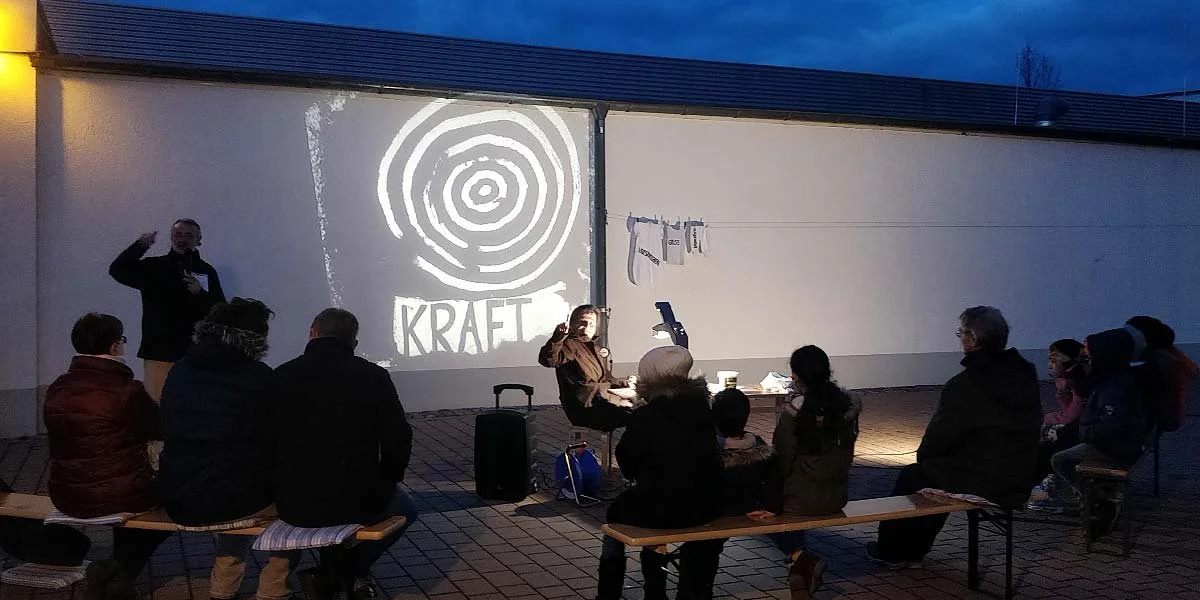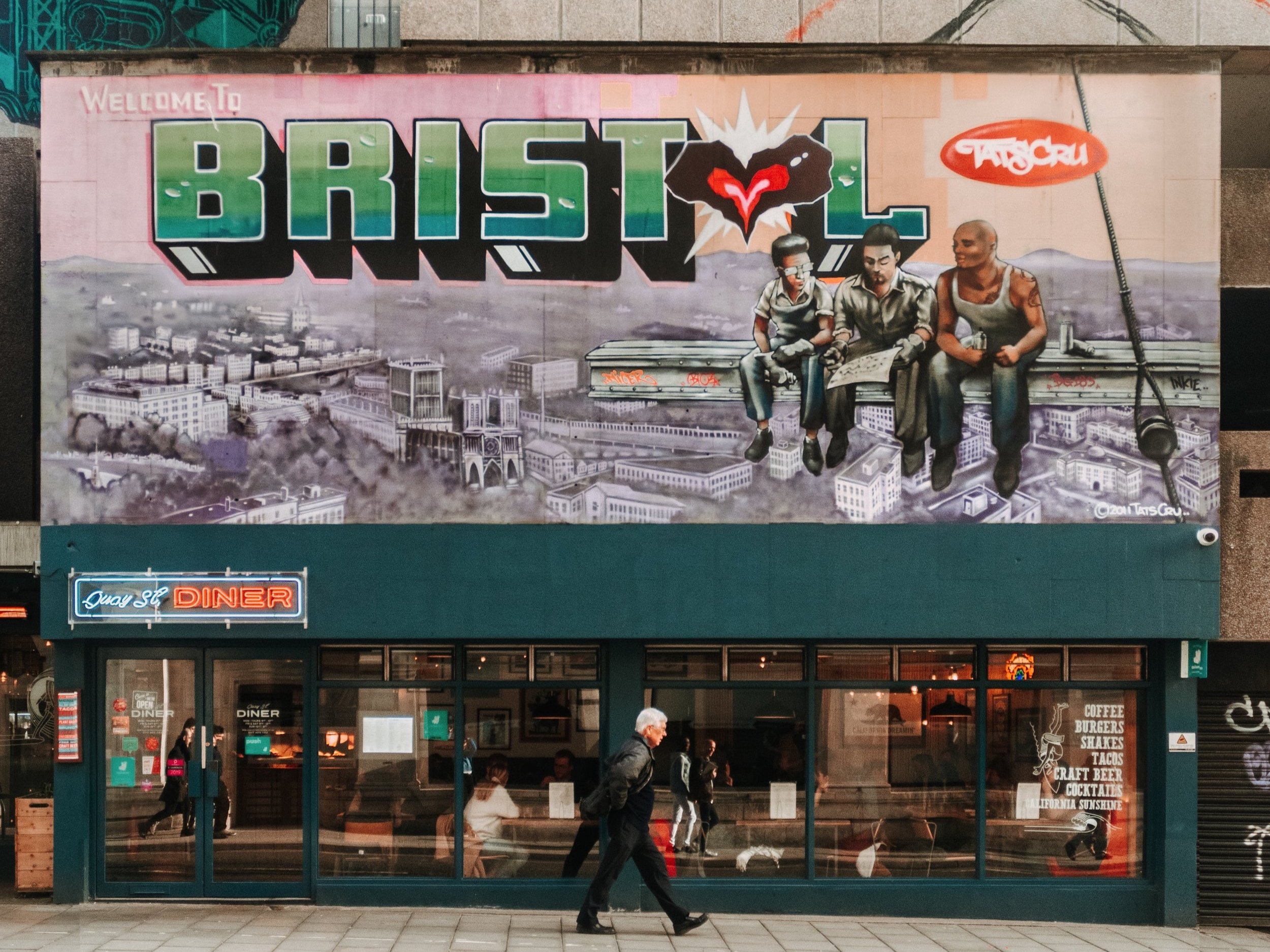After abrupt cuts to foreign aid in the United States and United Kingdom at the start of 2025, faith leaders feared such measures were just the beginning of a larger realignment of the longstanding collaboration between Western governments and religious groups to deliver humanitarian aid, partner in peacebuilding and support development across the globe.
The more immediate concern, aid workers in sub-Saharan Africa told the Fetzer Institute, was because cuts were so sudden, local governments and on-the-ground organizations had little-to-no time to prepare.
The impact, they shared, was instantaneous and brutal.
Clinical trials investigating the cross-border spread of infectious diseases in Kenya came to an overnight halt. A peace agreement that brought an end to a 40-year conflict in southern Senegal that had U.S. government funding baked in is no longer certain to hold. Communal kitchens in war-torn Sudan were no longer able to offer food in the midst of war-induced famine.
The full force of the funding cuts was directly devastating, said Barbara Njenga, who works in health research and development in Kenya.
Because of sub-Saharan Africa’s existing vulnerabilities, the effect was that much more severe. Of the 20 poorest countries on earth, 19 are in sub-Saharan Africa. Among them, seven rely on U.S. aid dollars to cover over a fifth of their assistance — South Sudan, Somalia, Democratic Republic of Congo, Liberia, Sudan, Uganda and Ethiopia.
Njenga cited numerous examples of that impact, from the lack of funding for critical HIV research, cuts to maternal and child health programs as well as school-based nutrition schemes and the reduction of surveillance programs to monitor potential outbreaks of diseases like Ebola. She also cited the economic vulnerabilities, with numerous workers losing their jobs and the knock-on effect that can have on families and communities.
“In one neighborhood near Kisumu [a city in western Kenya], there were numerous health programs supported by the U.S. government,” said Njenga. “On a recent visit, it was almost like a ghost town because so many NGO offices were shut down.
People are already dying, said Njenga, and even if funding is restored, much of the pain caused by cuts might be irreversible or irredeemable.
A woman living with HIV or a mother with a terminally ill child or a family with no income can pray to God or beseech religious organizations for aid – but without funding, they still die, she said.
“It is a wakeup call for African nations to think outside of the box to meet our needs.”
Not only are religious organizations stepping into the gap created by aid cuts to provide emergency services and support, they are also providing spiritual succor and searching for deeper, more divine, intimations in the midst of the devastation.

